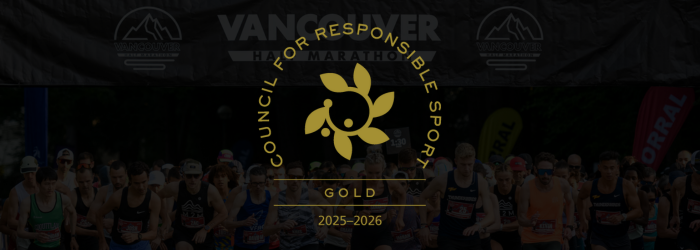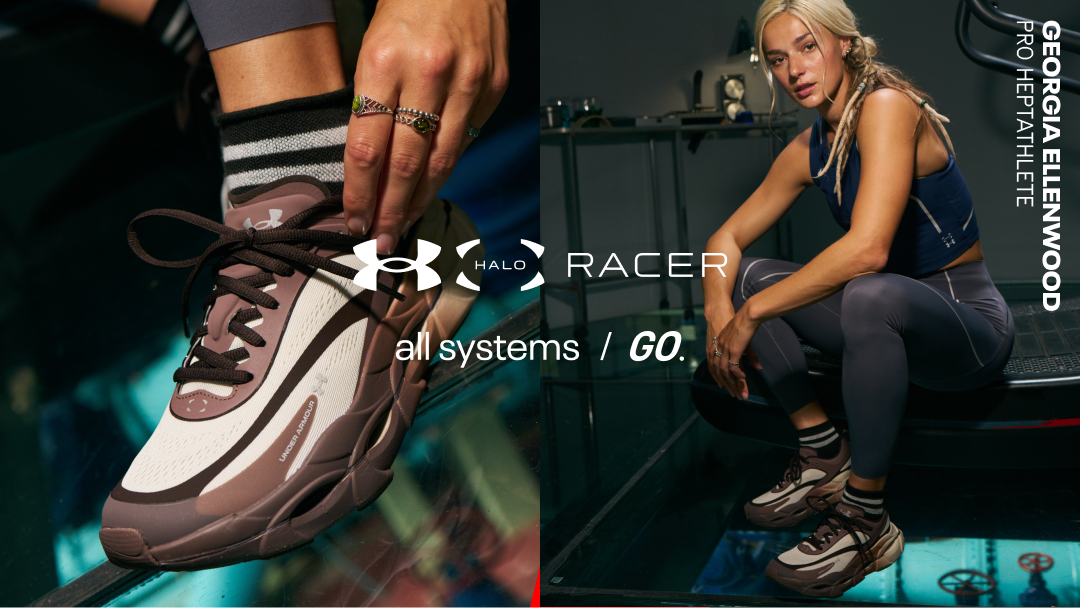The Long Road to Boston: Andrew Chak’s Story
Today, more than 30,000 runners are poised to make a long and storied 26-mile journey from the narrow country roads of Hopkinton, to the din of a spectator-lined Boylston Street. It will mark the 120th running of the Boston Marathon, a race known the world over for its notoriously challenging course and rigorous qualification standards.
Boston has evolved over the decades to become more than just another big-city marathon; for the ordinary marathoner, the race holds a prestige and significance not unlike the Olympic Games. Never mind the actual running of the race – for many, simply achieving the qualification standard (the ever-elusive “BQ”) represents a lofty goal in and of itself.
Every runner who makes it to the start line in Hopkinton carries with them their own testament to the distance – a testament to countless hours on country roads or city streets, to early mornings chasing splits on a track, and late nights logging those extra miles. It’s a testament to blisters and blown knees, to sunburns and windburns, to worn-out shoes, and too-warm gels, and endless piles of dirty laundry. Perhaps most of all, those runners in Hopkinton each carry with them the memory of a moment – incredible, transcendent, and hard-won – when those laborious hours of preparation carried them to a qualifying marathon finish.
It’s little wonder the Boston Marathon has come to represent so much more than just a foot race. The Boston Marathon, you see, is a pilgrimage.
For Andrew Chak, who achieved his qualifier at  the Scotiabank Toronto Waterfront Marathon in 2014, his own Boston pilgrimage would have at one time seemed an unlikely journey.
the Scotiabank Toronto Waterfront Marathon in 2014, his own Boston pilgrimage would have at one time seemed an unlikely journey.
“Boston was not really in my initial sights as a runner,” he explains. “But neither were marathons, for that matter.”
When he entered his first road race at the age of 40, with little running experience and limited training, Chak had no grand expectations for his finishing time.
“I was convinced I was gonna wake up in an ambulance or something,” he jokes. “But that didn’t happen.”
Far from it, in fact. He finished his first 10K in under an hour – no easy feat for any first-time runner, much less one training without a structured program. Galvanized by the race’s lively crowds, his own promising performance, and the prospect of even more free bagels, Chak found himself eager to continue racing. His 10Ks soon turned into half-marathons, and before long, he had his sights set on the full.
“I was getting faster, and things were progressing well,” he says. “And then it got to the point where chasing after a Boston Qualifier was viable.”
But on his first attempt, like so many runners before him, Chak hit the wall hard at the 30K mark, and saw his race – and his Boston dreams – fall apart.
“That last 10K was just, throw time out the window,” he recalls. “It was all about survival, just finishing.”
Faced with a disappointing first marathon, Chak went back to the drawing board. He sought the help of a coaching service, and ditched his mainly solo mileage in favour of group training runs. The results were palpable; his marathon times began to drop, falling to within the Boston qualifying window by spring of 2014.
In recent years, however, meeting the official standard for a Boston qualifier hasn’t always proved sufficient to gain entry into the race. When the 2010 Boston Marathon sold out in a record-breaking eight hours, the BAA decided to institute a rolling application process, prioritizing runners with the fastest qualifying times. In his bid for the 2015 Boston Marathon, it meant that Chak’s qualifying time of 3:14:05 was left out in the cold.
“I missed the cut-off by seven seconds,” he explains. “So I’d qualified, but not qualified enough.”
 Tantalizingly close to his goal and unwilling to concede defeat, Chak rallied to knock almost five minutes off of his personal best at the Scotiabank Toronto Waterfront Marathon that fall. So precise was his race effort that his split in the second half showed an overall fade of only seven seconds.
Tantalizingly close to his goal and unwilling to concede defeat, Chak rallied to knock almost five minutes off of his personal best at the Scotiabank Toronto Waterfront Marathon that fall. So precise was his race effort that his split in the second half showed an overall fade of only seven seconds.
“It was my perfect race,” he says. “Probably the best race I’ve ever run.”
The result represented more than just an ultra-controlled, dead-even split; it was poetic justice. “It was a bit of irony for me to have a seven second split, given that I was out by seven seconds in terms of the qualifier.”
Today, alongside tens of thousands of other runners, Chak will finally get to complete his 26-mile journey from Hopkinton to Boylston Street. The course will invariably prove to be challenging. But for those who have earned a place on the start line, the Boston Marathon itself is really just the final leg of a far longer and more arduous journey.
When you ask people about Boston on Patriot’s Day weekend, they invariably talk about the energy surrounding the event. And it’s true, there does seem to be a kind of frenetic excitement radiating out from the city – you can feel it from 500 miles away. But if you ask Andrew Chak, his most stirring recollections still centre on the hometown race that helped carry him to his qualifier.
“Scotiabank feels like Christmas for runners in Toronto,” he says. “This is our day. We own the city today. This is our party. We come out, we celebrate, and we feel like the city is ours.”
And in the end, the energy of Boston comes down to just that – to the spirit of thousands of hometown races, and tens of thousands of runners, converging for a moment in celebration of the great journey we are all on.
It’s more than just a race; it’s a pilgrimage.
Amy Friel (@AmyFrii) is a Toronto-based freelance writer, two-time marathoner, and unabashed running geek. As a Digital Champion for the 2015 Scotiabank Toronto Waterfront Marathon, Amy had a taste of the city’s vibrant running community – and hasn’t been able to stop writing about it since. Her work has been featured in iRun magazine, the Globe and Mail, as well as on her blog thelongslowdistance.com







